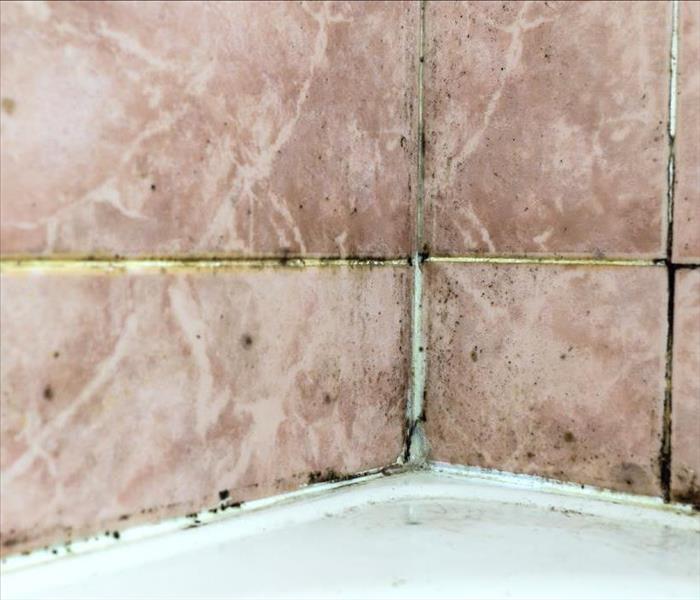Mold: Questions You Might Be Afraid to Ask
1/10/2023 (Permalink)
FAQ: Mold
Mold is a fungus that can grow on many surfaces indoors. It thrives in warm, damp environments. When you breathe in mold spores, they can cause health problems. If your home has mold growing on walls, ceilings, or floors, we recommend hiring a professional to remove the mold and make repairs before it spreads further into the structure of your home. Here are some common questions about mold that you may not know the answers to:
What is mold?
It is true that mold can be found almost everywhere. While it's not always bad to have a few molds in your home, if you have an extensive problem or there are people who are allergic to them, it can become a serious problem. Molds are a type of fungus that comes in many shapes and forms. In fact, there are over 100,000 different types of molds!
Mold spores are microscopic organisms that grow on almost any surface (such as wood or paper). They spread by releasing millions of spores into the air around them—and if these spores land somewhere with enough moisture and food (like in your carpet), they'll start growing more molds. This means that mold moves around from place to place easily; which means you could get some from one room to another just by going from one room to another!
How does mold get in my home?
You're not alone in your fear of mold. It's a problem that affects the health of millions of people, and it can be hard to tell if you have mold growing in your home. Mold spores are everywhere—in soil, plants, trees, on all kinds of surfaces—and they're brought into homes by air currents. They can also enter through windows and doors when they're left open or there's been a water leak in the house. If you leave a window or door open during bad weather, this is another way for mold spores to get inside.
The most common way for mold to get into your home is via water leaks such as those caused by floods or burst pipes (or even from taking showers!). If you notice any dampness on walls or ceilings that doesn't go away after drying out properly then chances are good that it's because of some kind of leak somewhere inside the building itself - which means there may be hidden problems with moisture control that need addressing before long!
What does mold need to grow?
Mold needs a few things to grow. The first thing is moisture. It's no secret that mold thrives in damp environments, but it can grow even if there is just a little bit of moisture present. The second thing mold needs to grow is food sources for its colonies. This means any organic material like wood, drywall, or cardboard makes for an ideal food source for mold to consume as it grows. Mold also needs temperatures between 70-90 degrees Fahrenheit (21-32 Celsius) to survive.
Can mold grow on my clothes?
Yes, mold can grow on clothes. It’s actually common for mold to grow in your dryer lint trap and on damp clothes when you hang them up to dry. Whether or not your clothing is likely to sustain damage from this depends largely on what kind of fabric it is made from. Dry cleaning materials are more resistant to mold than other fabrics, but they can still become damaged if you don’t remove the moldy clothing right away.
Can mold grow on tile and grout or bathtub caulking?
Yes, mold can grow on tile and grout. Mold growth on grout may be more likely in an area that has had moisture problems or where there is poor ventilation. In addition, if the grout is older than 10 years old, it may be more porous and vulnerable to fungal growth.
Mold can also grow on bathtub caulking around the tub edge or between a bathtub and its surrounding wall. If you have questions about whether your caulking needs cleaning or replacing, contact a professional contractor for advice before doing any work yourself.
Why should I hire a professional to clean up a mold problem in my home?
Mold remediation is a specialized field. While most contractors can remove mold, they don't have the expertise and equipment needed to fully clean up your home and prevent future mold growth. If you hire a professional contractor, they will use specialized equipment to safely remove all of the molds in your home. They'll also make sure that there are no hidden reservoirs of moisture where more mold can grow later on. If you want your home to be completely safe from future molds, hire a professional like SERVPRO of Central East Baton Rouge. We will remediate the mold in your Baton Rouge, LA home and get you back to normal as quickly as possible.




 24/7 Emergency Service
24/7 Emergency Service
